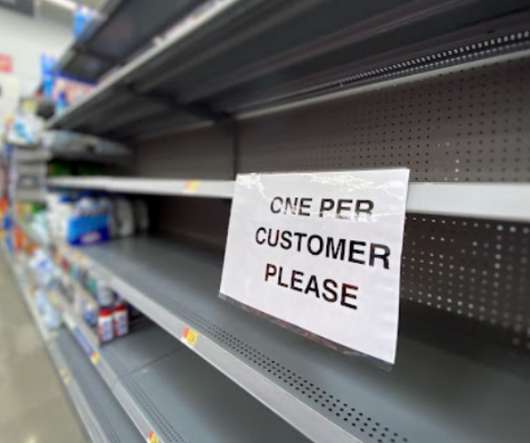Still don’t have a PMO (project management office)? Here’s why you should…
Monday
MAY 19, 2021
In 2020, 89% of organizations reported having 1 or more PMOs (50% with 2 or more). Wellingtone’s State of Project Management 2020 reported the main challenges PMOs currently face are: Attempting to run too many projects. Portfolio management. The digital revolution changed everything about PMOs.












Let's personalize your content